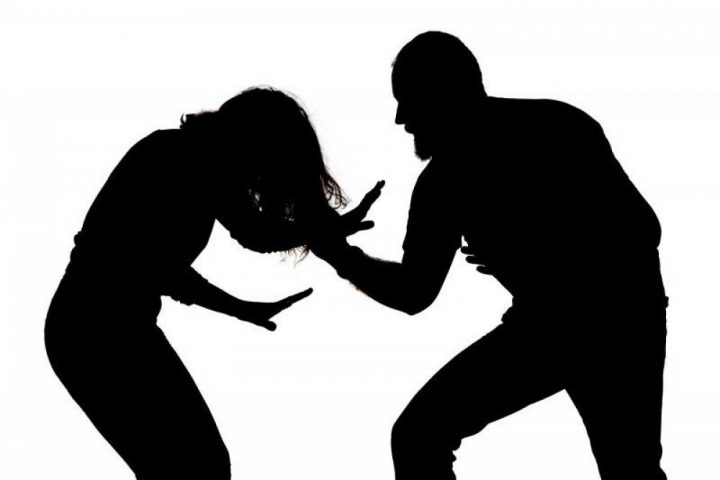Dating someone with a history of domestic abuse is very rampant. Statistics from the National Coalition against domestic violence so that at least 20 people are likely to be abused in the US by an intimate partner. Although abuse is likely to affect a person irrespective of his or her gender, 1 out of 4 women is likely to be affected compared to only one out of 7 men.
Although, according to statistics, during this pandemic, unfortunately domestic violence rates has risen, particularly as I noticed in the state I live in which is Indiana, as I’m sure around the world.

Statistics show that during the COVID19 pandemic, cases of domestic abuse in the US shot up rapidly, and experts blame the economic impact of the disease as the main cause. Since the outbreak, many companies reduced their workforces by laying off workers, while others closed their doors entirely. This placed many families in America in dire financial situations, causing cases of domestic abuse to rise.
Most domestic abuse survivors agree that dating someone who has a history of abuse can be a tricky affair and nerve-wracking. Those who have experienced abuse are likely to have a lot of trouble connecting with potential partners from an emotional level.
They are likely to have a hard time trusting people or can feel as if their ideas of what constitutes a healthy/unhealthy relationship have been warped by the actions of their abusive partner. These feelings are completely normal.
Others have no problem giving past abusers a second chance as long as there is evidence of professional intervention in the past, together with a good history of positive behavioral change. They are better at knowing beforehand that someone has been involved in abuse before risking their safety. But experts warn that people with a pattern of abuse do not always change quickly and that it is not reasonable to expect them to change their behaviors instantly.
The majority of the world no longer respects men who resort to physical violence so that they can manipulate, intimidate, or control women through fear. However, domestic abuse is still a global issue. But this does not mean that people who have repented should not be given second chances.
People have the capacity to change, this fact is undeniable. However, they need to show a strong commitment to change in every aspect of their life. But even considering this fact, change is often easier said than done.
First, consider that a lot of causal factors fuel these behaviors, and most are learned attitudes and feelings of privilege and entitlement. All these can be very hard to change for many people and this is why the percentage of abusers who want to change is very low.
Also, you need to check how the person’s behavior has changed since they last got therapeutic help. As mentioned previously, domestic abuse comes from learned behavioral patterns and these can be hard to change for some people. Therefore, you need to be sure that the person’s behavior has changed.
What are your thoughts on dating a person with a history of domestic abuse? I would love to know!
Credit: Twanda M Jones